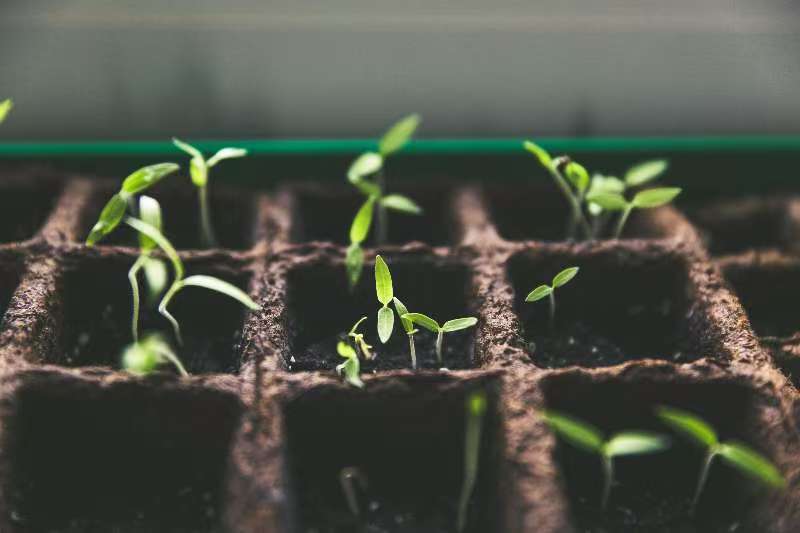Summary: The global
plant growth regulator (PGR) market is projected to reach $4.29 billion by
2030, driven by demand in high-value crops. PGRs offer precise growth control
with low environmental impact, with some qualifying as biochemical pesticides
for streamlined registration. The EU favors TE assessments for cost efficiency,
while the U.S. provides faster pathways for biochemical-classified PGRs. Recent
industry developments include key product approvals and partnerships, highlighting
strategic opportunities in Europe and North America for compliant,
innovation-driven market entry.
According to statistics, the
global plant growth regulator (PGR) market is projected to grow from 2.85
billion in 2025 to 2.85 billion
in 2025 to 4.29
billion by 2030, at a compound annual growth rate (CAGR) of 8.5%.

As a key segment of crop
protection chemicals, PGRs play a significant role in high-value crops such as
vegetables, fruits, and flowers. Their ability to precisely regulate plant
growth, improve yield, and enhance quality makes them a core tool in precision
agriculture.
PGRs achieve targeted regulation
by balancing plant hormones and typically offer advantages such as low
application rates, high specificity, minimal/no residue, and environmental and
human health safety. Certain eligible categories may qualify as
"biochemical pesticides," benefiting from simplified regulatory
policies.
How to
Efficiently Enter the EU and US Markets with PGRs?
EU Market
Currently, the EU has no clear
definition for biochemical pesticides, and PGR registration requirements are
similar to those for conventional chemical pesticides. Companies should
prioritize TE (Technical Equivalence) assessment.
-
Formulation Registration: Compared to TE
assessment, formulation registration is significantly more challenging,
time-consuming, and costly.
-
Active Substance Registration: For existing
substances in the EU, TE assessment offers a faster,
lower-cost pathway with reduced data requirements.
US Market
In the U.S., naturally occurring
chemicals or their synthetic equivalents may qualify as biochemical
pesticides if they meet low-risk criteria for human health and the
environment. PGRs under this definition benefit from simplified registration.
-
New Active Ingredient Registration: A phased data
strategy can be adopted. If early-stage assessments are favorable,
higher-tier testing and residue studies may be waived. Unlike conventional
pesticides, efficacy data is not required at the federal level,
reducing costs to as low as ~1 million RMB (vs. 10-100
million for chemical pesticides) and shortening timelines to 3-4
years.
-
New Product Registration: If using an
already registered active ingredient, companies can leverage formulator's
exemption to reduce data costs. Formulation data is typically
simple, keeping total registration costs below ~100,000 RMB with
a 1-2 year timeline.
Companies should strategically
choose registration pathways based on target markets—TE assessment in the EU to
lower costs, and biochemical pesticide classification in the U.S. for
faster approval. Additionally, regulatory distinctions between PGRs and bio-stimulants
must be clarified to avoid compliance risks.
Other regions like Brazil
and Australia also offer simplified policies for biochemical
pesticides, including certain PGRs. Companies should evaluate multi-regional
strategies to maximize market potential.
Recent
Plant Growth Regulator Industry Updates
-
Mepiquat Chloride EU Re-Evaluation Update
The EU PAFF Committee approved the re-evaluation draft, extending approval
to Feb 2040 with unchanged specifications but
adding N-methylpiperidine as a new impurity.
-
Yunsheng Bio & Jiangxi Weidi Strategic Partnership
The two companies signed a global cooperation agreement on 28-homobrassinolide-based
PGRs, combining international distribution with core R&D for
sustainable agriculture.
-
Prohexadione Calcium Granted EU Equivalence
Hebi Quanfeng's prohexadione calcium received EU TE approval, supporting
its expansion from 100 to 700 tons/year capacity for the
European market.
-
ADAMA Registers Metamitron in the U.S.
EPA approved ADAMA's metamitron — a chemical thinner for
apples/pears—with enhanced label clarity under new structured labeling
guidelines.
About CCM:
CCM is the leading market intelligence provider for China's agriculture, chemicals, food & feed and life science markets. Founded in 2001, CCM offers a range of content solutions, from price and tranalysis.com?KeyWordID=2668bb3c993348f1b2a7c1b9f2e54ec9&PublisherID=b3fac7dd-9156-424c-9843-193631ebb67b' target='_blank'>trade analysis to industry newsletters and customized market research reports. CCM is a brand of Kcomber Inc.
For more information about CCM, please visit www.cnchemicals.com or get in touch with us directly by emailing econtact@cnchemicals.com or calling +86-20-37616606.